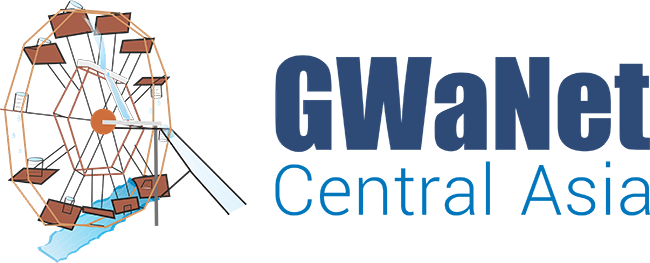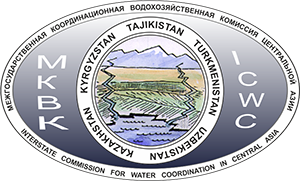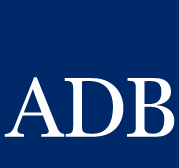GWANET – Network “Gender and Water in Central Asia”
Informal network “GWANET — Gender and Water in Central Asia” unites all concerned organizations and individuals to promote gender aspects in water resources management.
The objectives of the GWANET:
- Raise awareness and promote gender mainstreaming in the region
- Attain more knowledge and understanding of gender issues in water management
- Exchange experience and best practices on the matter, translate theoretical concepts on gender into action
- Build profile for the need of gender sensitization and a platform for women’s voices within the governance structures of the region
- Lay the foundation of further cooperation leading to successful gender sensitive water management
- Create the network among concerned agencies and individuals to facilitate further cooperation both national and regional level



